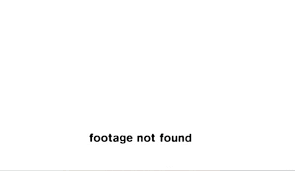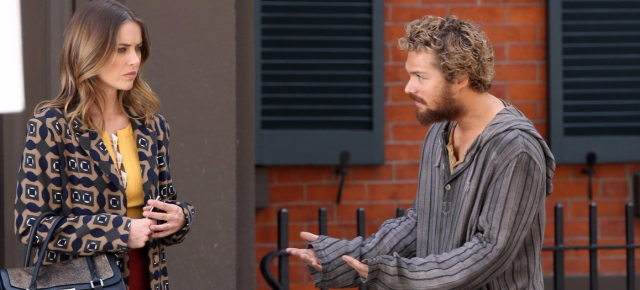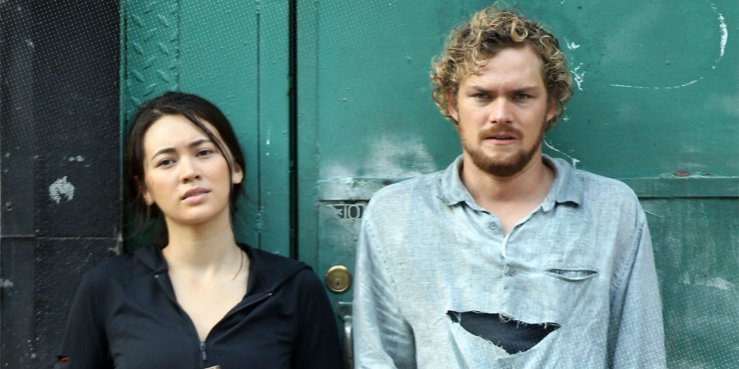12.) The Message / Moral Dilemma
I asked before and now I ask again, what exactly about “Iron Fist” was different than many other, no, any other superhero shows or movies?

Certainly nothing that was hyped up to full potential. There is only so much that can be blamed on hastened production and limited budget. But failing to find something that made the series relevant and not rehash is inexcusable. Especially since, while we have seen the formula before, we’ve not seen it played so straight inside of the Netflix series.
Daredevil was blinded at an early age and grew up disabled because of random chance. Jessica Jones is still clearly traumatized and lashing out after rape at the hands of a supervillain who was practically the personification of abuse and clinical insanity. Luke was falsely accused of a crime he didn’t commit and served time in corrupt prison, and he deals with hard hitting racism in his day to day life. And even Frank Castle isn’t exempt; despite him claiming otherwise he is clearly a soldier returned home suffering from severe PTSD even before having his mind (and heart) shattered after losing his family to senseless violence.
In comparison, the disappeared billionaire heir who comes back to fight crime with skills he picked up in distant, often savage lands, is commonplace. But what was done differently this time, and what should have been a much larger focus? The disparity and apathy of the public in the face of the blatantly corrupt becoming extraordinarily wealthy. Even more so than Matthew Murdock’s clash with the Kingpin, it is Danny Rand’s journey that is best equipped to showcase the spectrum of affluence and poverty in New York City. When he returns from abroad, Danny is disbelieved and shunned, quite reasonably so given his extraordinary story still manages to be unbelievable even on a world filled with comic book characters brought to life. He runs a gauntlet through the myriad of disenfranchised, from the homeless to the addicted to the mentally unwell. Only after he’s experienced life as a monk, a vagrant, a patient at an institution, and a pariah in general is he able to claim his rightful inheritance and privileged identity.

Right there, that is the hook for “Iron Fist” that is absent in the other Netflix series, and arguably the Marvel Cinematic Universe as a whole. Danny is from privileged roots and has opportunity to affect greatest change because of it, but has been witness to largest spectrum of casual injustice.
Even if you make claims that Tony Stark, Doctor Strange, and Thor are tales of the disenfranchised white men (or extremely Nordic god) who are called to be humbled by their sufferings amongst mortals, Danny Rand’s case is entirely different in that he was a child when he was cast into an unenviable situation. In many ways he is still that same child unable to fully process his own grief, which could have easily been a strength rather than narrative blunder. There is no arrogance or past transgression that he needs to overcome or atone for, just a man with gifts and abilities from can see wrong in the world, empathize deeply, and refuses to succumb to apathy and avarice when called to do the right thing.

“Iron Fist” could have easily used its first season as a call against the corruption of big business, while still acknowledging the good that can be done if those in power utilize their consciences. It could’ve called attention to the people that we walk by every day without seeing, if they had been brave enough to focus on the matters of homelessness, mental instability, and the struggle with addiction. All the ingredients were there, from the heroin addicts on the streets to Ward Meachum’s slow unraveling in his opulent office turned cage. Between Danny’s rise, Ward’s fall, Gao’s indifference to the misery she trades in and the malevolence of the Hand preying on the desperate there is plenty of conflict to be found turning Danny into a champion for those who have fallen through the cracks of civilized society. All’s it would take is a narrative that allows him to remember that he fell between the cracks too.
But it is not an easy issue, nor should it be in an improved narrative. Danny is caught between two worlds, and each of these worlds demand two different paths for him to take, tearing at him in four cardinal moral directions. As Danny Rand he is asked to maintain status quo at his company, with the livelihood of thousands on the line, and at the same time he is being confronted with evidence of the worst sort of corruption. And as the Immortal Iron Fist, he is obligated to protect the innocent, but he’s also the sworn enemy of The Hand, an evil secret society not above using innocents as shields or turning them into weapons.

Danny Rand can do tremendous good as a billionaire philanthropist, keeping finances well away from a demon worshiping cult(?), but he is also called to combat them directly as a warrior monk. Neither looks to be a permanent solution against the social evils that these foes represent, and seeing Danny having to struggle with the choices between what kind of hero shall he be makes for a far more compelling story than a ‘hero’ who doesn’t know what he supposed to do at all.

